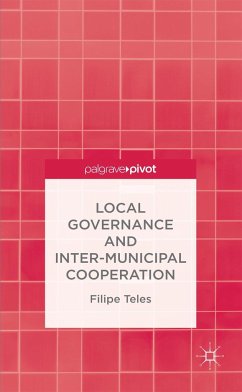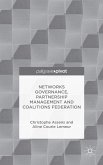Territory and scale have been some of the most relevant topics in recent political science, but do we know enough about cooperation between local governments? How we think about local government has changed significantly and requires us to be equipped with new epistemological gear, considering more variables and social functions of local government than before. For instance, is inter-municipal cooperation a special arrangement? The answer is certainly positive, not as a consequence of its nature when compared to other alternatives of policy coordination and service delivery, but because it captures almost every facet of the complexity of contemporary territorial governance. Bringing relevant case-studies, previous research, and available literature together, this book will help researchers, students and practitioners with these ideas. The author provides comprehensive information about inter-municipal cooperation and identifies the main gaps in contemporary research.
"The book accomplishes its aforementioned objectives by helping readers understand the academic and practical meanings of inter-local cooperation in local governance, the variation in the use of inter-local cooperation across countries (particularly in Europe), and the areas that we need to elaborate on in the future. ... book will help practitioners and students and scholars of local governance and city management understand the dynamics in this field. ... a useful textbook for graduate seminar classes on local and metropolitan governance." (Sung-Wook Kwon, Journal of Public and Nonprofit Affairs, Vol. 2 (1), 2016)








